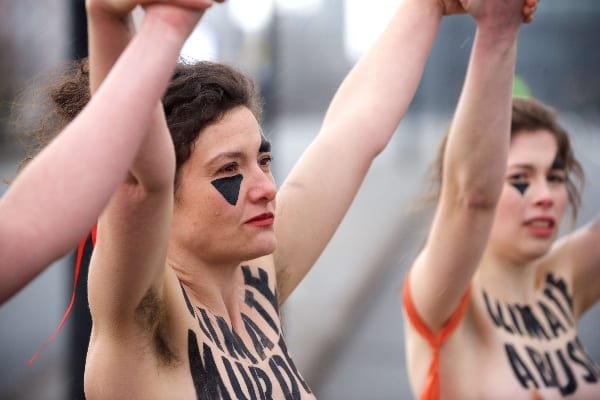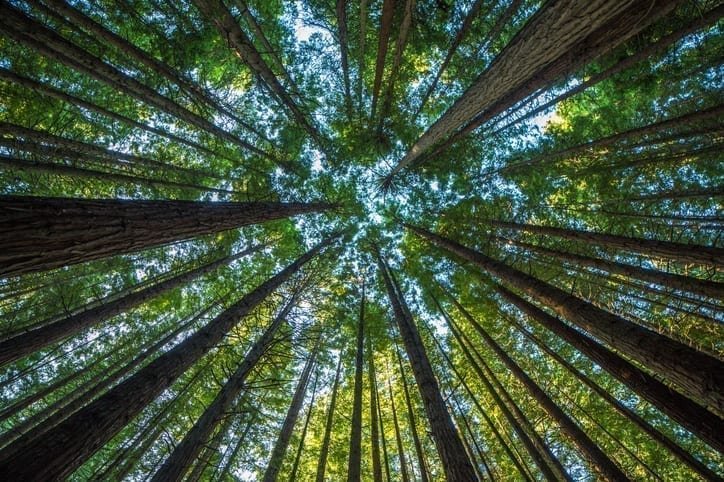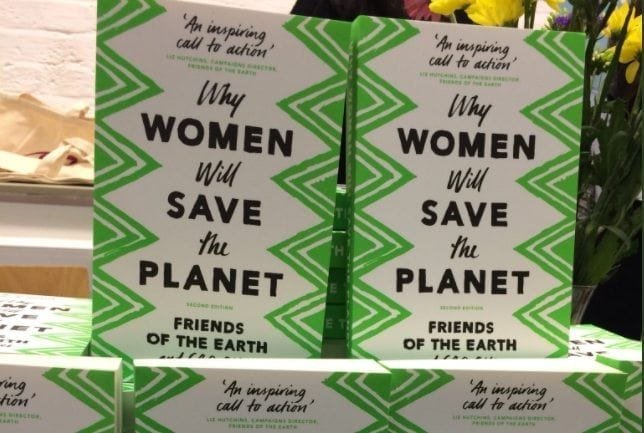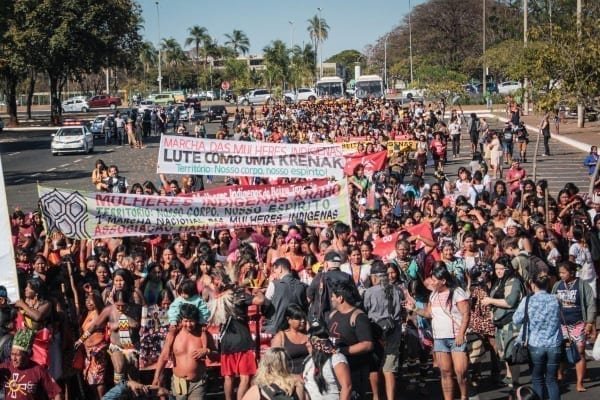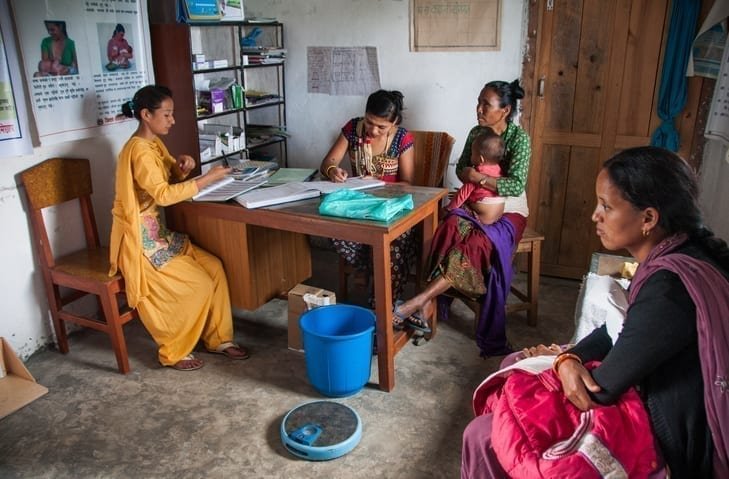At 11.00 today (Sunday 08 March, International Women’s Day), a group of 31 women formed a topless chain across Waterloo Bridge – also known as The Ladies Bridge as many of the welders, stonemasons and labourers that built the bridge during the second world war were women.
The women were naked from the waist up to symbolise the vulnerability of women around the world in the face of climate breakdown, and had the words ‘Climate Rape’, ‘Climate Murder’, ‘Climate Abuse’, ‘Climate Inequality’ and ‘Climate Justice’ written on their bodies. The women taking part include mothers and grandmothers, journalists, teachers and careers advisors.
The action highlights the disproportionate impact of the climate and ecological emergency on women, and the resulting increase in hardship, violence and rape.
Protestors called on women in the UK to recognise this is happening to our sisters in the global south now, and will be a reality faced by all women if decisive action is not taken. The protestors in London will later join the events organised by Women’s Strike Assembly at Oxford Circus from 15.00.
The action in the UK is part of a wave of Extinction Rebellion International Women’s Day actions in Colombia, Spain, Turkey, The Gambia, Pakistan, Nigeria, Uganda, DRC, Belgium, Israel, The Philippines, Switzerland, Argentina and the UK.
Why is climate a women’s issue?
A January 2020 report by the International Union for the Conservation of Nature found that climate breakdown and environmental degradation are driving an increase in violence against women.
The report found that deforestation and the degradation of land mean women have to travel further to collect the things they need, like firewood, and are exposed to violence, rape and abduction when they make these journeys.
Furthermore, when natural disasters hit – which is happening more and more as a result of climate change – women are exposed to sexual violence in evacuation camps.
Women who take action to protect their land from destruction are also often targeted with sexual violence as a result.
 Play Video about This Rock Might Just Save The World
Play Video about This Rock Might Just Save The World Play Video about Play 2 hours of rock
Play Video about Play 2 hours of rock Play Video about Play 2 hours of brook
Play Video about Play 2 hours of brook Play Video about Play 2 hours of sheep
Play Video about Play 2 hours of sheep

















